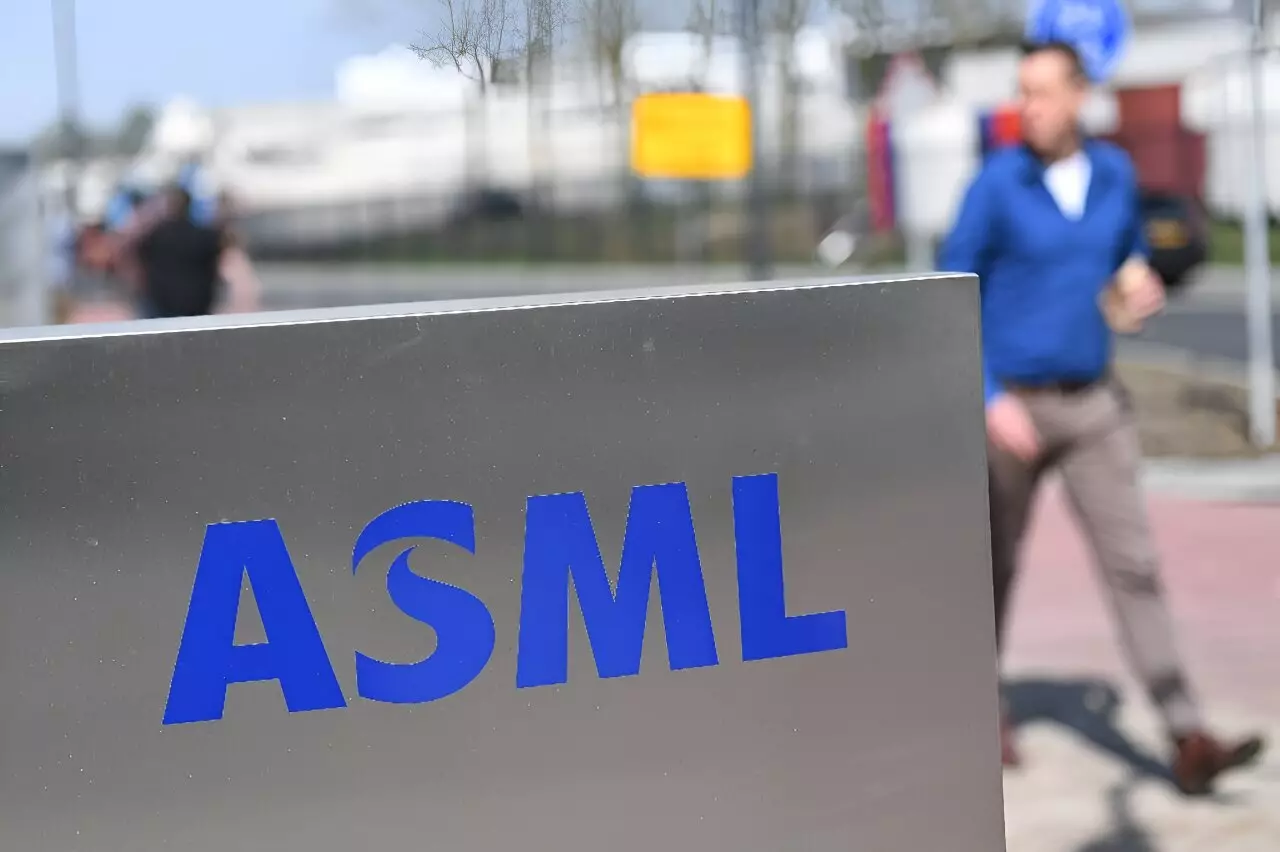Frenchman Christophe Fouquet is set to take over as the CEO of Dutch chip giant ASML, marking a significant shift in leadership for the company. With a background in physics and years of experience in the semiconductor industry, Fouquet is well-positioned to lead ASML into the future. However, he faces a series of challenges, particularly in navigating the geopolitical landscape surrounding semiconductors and managing relationships with key stakeholders.
ASML holds a strategic position in the manufacturing of machines used to produce microchips, which are essential components in advanced technology. As semiconductors become a geopolitical battleground, Fouquet will need to carefully navigate the complex political waters, especially with Western powers like the United States pressuring to restrict Chinese access to semiconductor technology. This presents a significant challenge for ASML, given the company’s substantial business with China and the potential impact on its sales and overall operations.
Despite the leadership change, analysts do not expect a radical shift in ASML’s direction under Fouquet. With a 16-year tenure at the company and a deep understanding of its customers, suppliers, and shareholders, Fouquet is seen as a “known entity” who will maintain the company’s core mission and strategic objectives. His experience in leading ASML’s EUV program and his role as vice president and chief business officer position him well to continue driving the company forward.
One of the top priorities for Fouquet will be managing ASML’s business with China, especially in light of recent developments where the Dutch government revoked licenses for some of the company’s advanced machines. This has led to tensions with Beijing and raised concerns about the future of ASML’s sales in China. Fouquet acknowledges the complexities of decoupling the semiconductor industry’s global supply chain and emphasizes the importance of international cooperation for success in the market.
Fouquet will also be drawn into a domestic political debate about the location of ASML’s headquarters in Veldhoven, which serves as the Dutch “Silicon Valley.” Following political shifts in the Netherlands and concerns about immigration, there have been discussions about the company’s future presence in the country. ASML and the Dutch government have collaborated on initiatives like “Operation Beethoven” to retain companies like ASML in the Netherlands, highlighting the importance of talent retention and economic development in the region.
Conclusion: Navigating a Complex Landscape
The leadership change at ASML signals a new chapter for the company under Christophe Fouquet’s stewardship. With a focus on continuity, strategic vision, and navigating challenges in the global and domestic markets, Fouquet will need to demonstrate strong leadership and decision-making skills in the role of CEO. ASML’s position as a key player in the semiconductor industry makes it essential for Fouquet to balance competing interests and steer the company towards continued success in the ever-evolving tech landscape.


Leave a Reply
You must be logged in to post a comment.